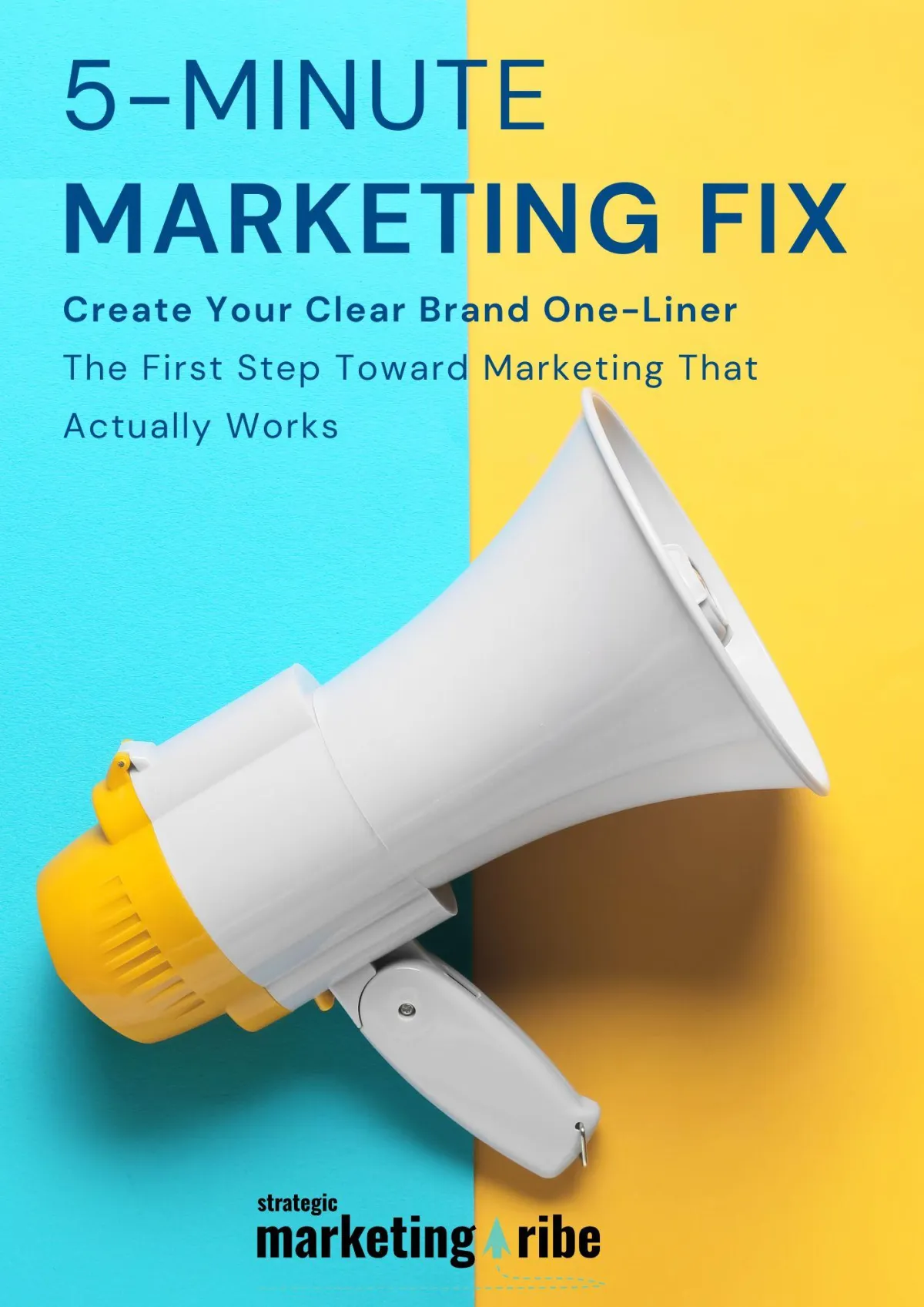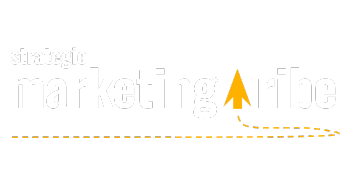NEWS, MEET STRATEGY
Real news, real insights – for small businesses who want to understand what’s happening and why it matters.

Build Brand Loyalty Without the Noise
By Vicky Sidler | Published 2 September 2025 at 12:00 GMT+2
If marketing in 2025 had a soundtrack, it would probably be someone yelling “SALE” through a megaphone while juggling five TikTok trends and a QR code.
That’s the problem.
According to Media Update, today’s customers are tired. Not of products. Not of promotions. But of marketing itself. It’s too much, too loud, and often too fake.
But there’s good news. You do not need to out-shout your competitors. You just need to out-care them.
Let’s break down what really creates brand loyalty, in plain English.
TL;DR
Customers are overloaded by marketing noise
Real loyalty comes from trust, quality, and connection
Focus on 3 things: authenticity, product excellence, and community
Avoid gimmicks and scripted replies
Strong loyalty is built quietly, over time
Need help getting your message right? Download the 5-Minute Marketing Fix
Table of Contents
Build Brand Loyalty Without the Noise
What Customers Actually Want From You:
2. Deliver Something Worth Coming Back For:
3. Build a Brand People Want to Join:
Loyalty Is Quiet and Consistent:
Clarity Builds Trust. Trust Builds Loyalty.
YouTube Shorts AI Tools: What Small Businesses Should Know
Why Proactive, Empathetic Service Still Beats AI in 2025
AI Skill Transformation for Small Business 2025
Inside the Buddy Bench Project—How a Teen Turned Playground Pain into a Mental Health Movement
What is brand loyalty, really?
Why is “noise” a problem in marketing?
How can small businesses compete without big budgets?
Does brand loyalty only come from community-building?
What Customers Actually Want From You:
Your audience isn’t asking for more posts, more features, or more jargon. They want you to be clear, helpful, and real.
If your current strategy involves throwing spaghetti at social media and hoping something sticks, it’s time to regroup.
Building loyalty is not about “going viral.” It’s about becoming trustworthy. And that starts with three things.
1. Speak Like a Human:
You know that awkward feeling when someone pretends to care just to make a sale? Your customers feel it too.
That’s why generic email templates and robotic social replies are loyalty killers.
You don’t need a perfect script. You need a real response.
People want to feel heard. When you listen and respond like a human being, your brand stops being a stranger and starts being a partner.
Example:
I often get emails that were clearly written by ChatGPT. And not the good kind. I’m not super interested in what you got ChatGPT to say—because I have the paid version too. I already talk to it plenty, and if I wanted a generic email about your offer, I’d just ask the bot myself.
Even my automated emails are written in my own voice. They’re written for a real person, not an imaginary “audience.” Same with this article. You could easily ask ChatGPT to write a post about building brand loyalty. But you’re not reading this to hear from a machine. You’re here to hear from me. And that’s exactly why you should write the way you speak—to a person who’s actually reading.
Quick Tip: Treat every support ticket or social comment as a chance to show your values. Don’t outsource your voice to a bot. Don’t hide behind “We value your feedback.” Say something specific, useful, and true.
2. Deliver Something Worth Coming Back For:
No amount of marketing can fix a product that sucks.
If your service drops the ball after the first purchase, no one’s sticking around for a second round.
Loyalty begins with performance. If your service solves the customer’s problem reliably and pleasantly, they’ll return. If it does not, no loyalty scheme in the world will save you.
This includes your actual product, your customer service, your delivery process, your billing system, your onboarding emails—all of it.
Example:
This one hits close to home. I’m always trying to improve how we serve our clients—and I don’t always get it right. About a year ago, I introduced Monday.com project boards to give clients more peace of mind. I thought showing progress in real time would make them feel more confident.
They hated it.
Turns out, they just wanted a quick email now and then. So we went back to doing that. But the Monday boards stayed behind the scenes, and they’ve quietly transformed our internal workflow. These days, we’re much more reliable and on time, and clients feel the difference—even if they’re not super interested in the tool that helped us get there.
Quick Tip: Audit your full customer journey. Don’t just ask “Is this working?” Ask “Is this working well enough that someone would recommend it to a friend without being paid to?” If the answer is no, fix that before running your next campaign.
3. Build a Brand People Want to Join:
This is where things get interesting. The best brands don’t just sell things. They create belonging.
Think of it this way: Buying is transactional. Belonging is emotional. The brands people stick with are the ones that feel like home, not checkout counters.
When you create spaces for your customers to connect—whether in a Facebook group, a WhatsApp chat, or a local event—you stop being a supplier and become a community leader.
That’s loyalty gold.
People don’t just keep buying from you. They invite others in.
Example:
I recently started a WhatsApp community for students in my StoryBrand Marketing Course. It’s still early days, but I love it.
I’ve personally joined a few great communities that have helped me grow, and that inspired me to create a space where my students can share ideas, get feedback, and feel like they’re building something alongside others—not alone in the dark.
Quick Tip: You don’t need to launch a huge community project. Start by asking: “Where do our best customers already hang out, and how can we show up there in a way that adds value?” Sometimes it’s not about building a community from scratch. It’s about showing up consistently in the right places with the right energy.
Loyalty Is Quiet and Consistent:
You won’t find brand loyalty in a funnel. You’ll find it in your follow-through.
Forget the noise. Focus on being reliable, respectful, and relatable.
It’s not sexy. It’s not always scalable. But it works.
And if you can build your brand around these three things—authentic conversation, excellent delivery, and shared belonging—you’ll have something better than attention. You’ll have trust.
And trust lasts longer than a Black Friday promo.
Clarity Builds Trust. Trust Builds Loyalty.
If you want customers to stay loyal, start by being clear about what you stand for and why it matters. The 5-Minute Marketing Fix helps you write a message that’s sharp, simple, and built to earn trust—no noise required.
Related Articles
YouTube Shorts AI Tools: What Small Businesses Should Know
If you're trying to stay human in a world of AI-generated everything, this article shows how to use YouTube’s new tools without losing your voice—or your audience.
Small Business Trends Q3 2025
This piece highlights why real connection is outperforming polished marketing fluff. If loyalty matters to you, these trends will show you what’s working right now.
Why Proactive, Empathetic Service Still Beats AI in 2025
You just read about delivering something worth coming back for. This article digs deeper into how great service—not automation—is still your best loyalty strategy.
AI Skill Transformation for Small Business 2025
Loyalty takes human connection, but that doesn’t mean ignoring AI. Learn how to automate the boring stuff while personalising the moments that matter.
Inside the Buddy Bench Project—How a Teen Turned Playground Pain into a Mental Health Movement
If you're serious about building a brand people want to join, this real-world story shows how clear purpose, connection, and community can turn followers into advocates.
FAQs on Brand Loyalty
What is brand loyalty, really?
Brand loyalty means your customers choose you again and again—not because of discounts or habit, but because they trust you, like how you treat them, and feel connected to what you stand for.
Why is “noise” a problem in marketing?
Too much marketing feels like spam. When everything is loud, nothing stands out. People tune out flashy, scripted messaging and start looking for brands that feel human and trustworthy.
How can small businesses compete without big budgets?
You don’t need a massive budget to build loyalty. You need clear messaging, a great customer experience, and genuine connection. These are things small businesses often do better than big ones—if they stay focused.
Does brand loyalty only come from community-building?
Not at all. Community helps, but loyalty also comes from everyday things like fast replies, great service, and following through on promises. People return when they feel valued, not just included.
Can I still use AI tools and sound authentic?
Yes, but only if you edit and personalise what you publish. Use AI to save time, not to replace your voice. If your customers wanted to hear from a robot, they wouldn’t be reading your emails.
What’s the first step to building better loyalty?
Get clear on your message. If customers don’t quickly understand what you offer and why it matters, they won’t come back. The5-Minute Marketing Fix is a great place to start.

Created with clarity (and coffee)






